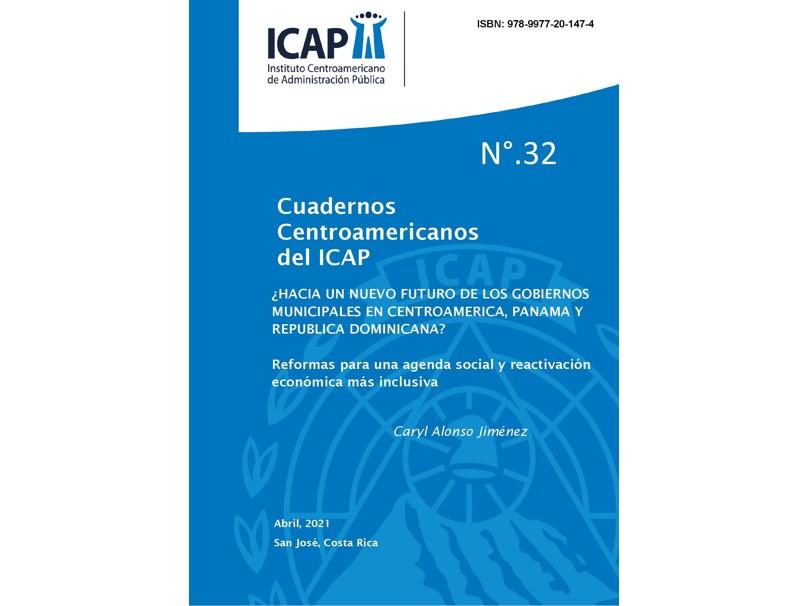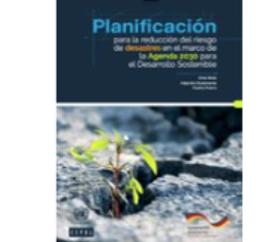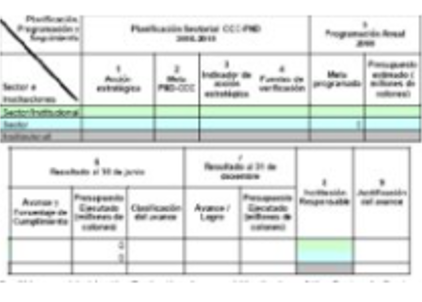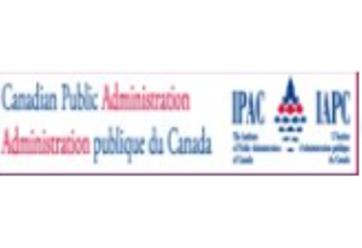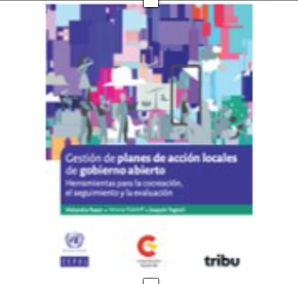Resources
Displaying 1 - 6 of 6
Central American Journal of Public Administration, No. 80 (January-June 2021)
| Spanish | Governance and public administration | Americas | Journal | IPAC/IAPC
This edition of the Central American Journal of Public Administration offers a series of reflections and lessons learned about the Asia-Pacific region in the current international context, characterized by the constant transformation of socio-political and economic structures. The geopolitical importance of the Asian region has permeated the mental structures of how to think about international relations between States, motivating the production…
ICAP Central American Notebooks, No. 32 (April 2021)
| Spanish | Governance and Public Institutions | Americas | Publication | ICAP
In this issue, developed by Dr. Caryl Alonso Jiménez, it summarizes around 5 years of research and proposes a global approach to the issue of decentralization in the region, beginning with a historical review of the modernization processes of Central American States and how each implemented their own understanding of the concept.
In addition, the author continues with a two-level analysis; reviewing the tools, characteristics and indicators…
Planning for Disaster Risk Reduction within the Framework of the 2030 Agenda for Sustainable Development
| Spanish | Governance and Public Institutions | Americas | Publication | ECLAC
A disaster can lead to setbacks in the economic and social progress achieved by countries over the decades, and its effects can be exacerbated in the case of the most vulnerable groups. The severity of the impact will depend on the ability of countries to detect and overcome their vulnerabilities. This document, especially aimed at policymakers, shows how, through development planning, the foundations for a comprehensive approach can be laid,…
Comprehensive Performance Indicators of the Public Sector
| English | Spanish | Leadership and Public Servants’ Capacities | Americas | Publication | CLAD
The monitoring and evaluation information is conditioned on a series of factors in order to be used effectively. Various studies bear witness to rather formal uses - such as information that accompanies accountability to Congress and annual management reports of the agencies - but there is less emphasis on uses for the use of learning and for the allocation of spending (Cunill and Ospina 2008) (Villarreal, July, 2007).
This study starts…
From Colonization to Reconciliation: Increasing the Collaborative Capacity of Public Servants
| English | Spanish | Leadership and Public Servants’ Capacities | Americas | Publication | IPAC/IAPC
In call to action 57, the Truth and Reconciliation Commission calls upon federal, provincial, and territorial governments to enhance the skills and knowledge of public servants. Leveraging collaboration theory and collaborative capacity, this article delves deeper into the skills, attitudes, and knowledge required of public servants who regularly work with First Nations organizations and governments. Using findings from a health care…
Management of Local Open Government Action Plans: Tools for Co-creation, Monitoring and Evaluation
| Spanish | Local Governance | Americas | Publication | ECLAC
In Latin America and the Caribbean, a large number of innovations and reforms linked to the promotion of open government occur in subnational territories. That is the scale on which governments can collaborate with citizens and other actors more directly and closely. The creation of spaces and mechanisms for participation, transparency and accountability allows those who inhabit the territories to have a greater impact on public policies,…
 Welcome to the United Nations
Welcome to the United Nations
